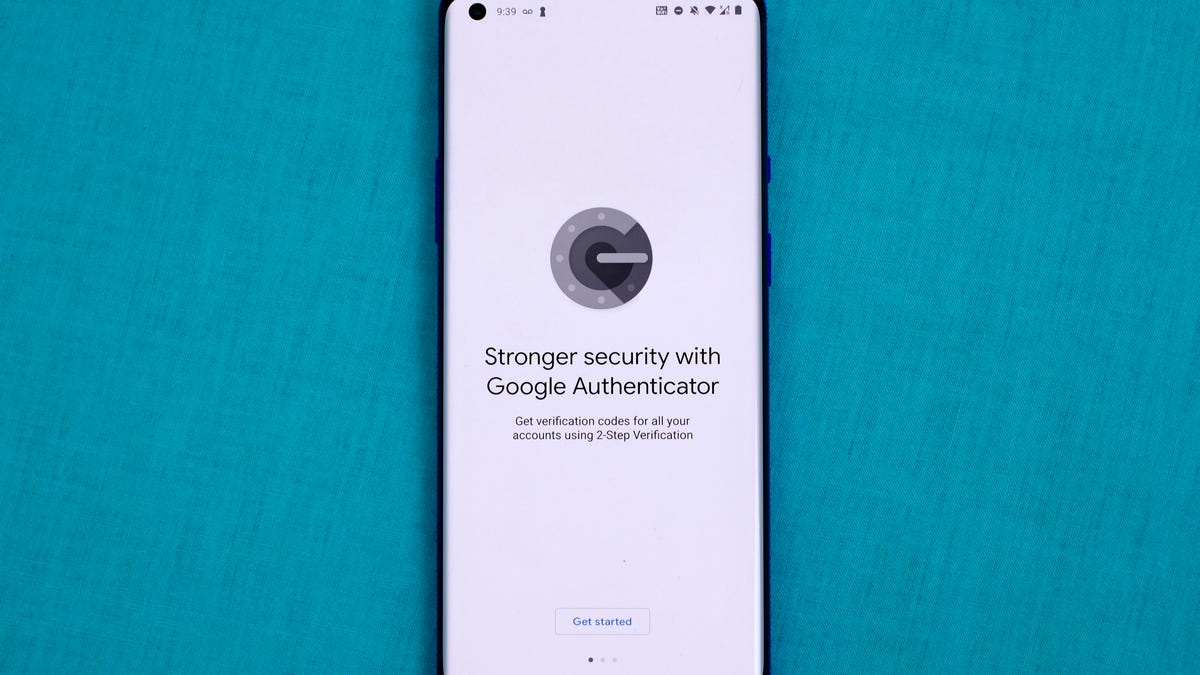
Google Authenticator, the app that gives your accounts additional security by generating timed codes for two-factor authentication, will now be able to store those one-time passwords on your Google account, the tech giant said in a blog post Monday. The feature is available on both iOS and Android, but may take some time to roll out to all devices.
Google said it’s implementing this feature after hearing from people about the complexities of losing a device that had Authenticator installed. If you can’t log in to your Gmail account because your phone with Authenticator was stolen, then trying to gain access becomes a major headache. To remedy this, Google Authenticator now stores one-time passwords on a person’s Google account.
Google said this change not only better protects people from being locked out, but increases both convenience and security. The company didn’t detail exactly how this increases security.
Google is still pushing people toward a passwordless future. The search giant, along with Apple and Microsoft, have banded together on the FIDO Alliance, which is short for “fast identity online.” The idea is to have websites ditch passwords altogether and allow people to sign in with fingerprints, face scans or a phone. Given vulnerabilities posed by weak passwords against an onslaught of hacking attempts, getting rid of passwords could be key in fighting against bad actors. Even then, the switch to a passwordless future will take time, and millions of people will still need to rely on authentication apps like Google Authenticator and Microsoft Authenticator. Considering Microsoft Authenticator already has had cloud backups on Android since 2019, Google is late to the game.
Google didn’t immediately respond to a request for comment.
How to enable one-time password syncing
- Update the Google Authenticator app.
- Follow the prompts to sign in to Google.
- Enable syncing.
